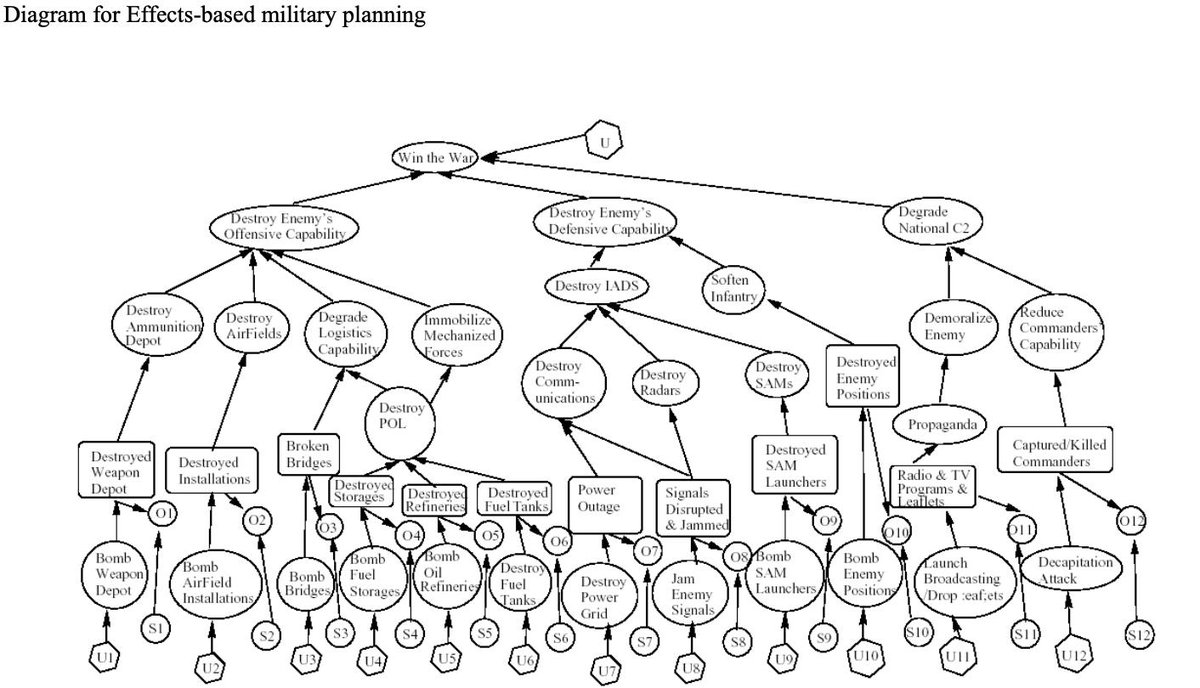Reply with your edits, what's missing, etc.
Humans (and thus, economic phenomena) are inherently complex, which makes it challenging to test ideas by performing controlled experiments.
This didn’t used to be the case. Austrian econ *was* mainstream econ in 1800s/1900s, as popularized by Hayek, Mises, & Rothbard. That was it
Keynesian economists, OTOH, use data + empirical evidence (inductive reasoning) to make decisions.
As scientific method took off, Keynesian approach gained in popularity.
Keynesians rely on the validity and applicability of empirical evidence. Austrians rely on their ability to make the right assumptions about human nature.
This explains much of the differences between the camps’ proposed policies.
In other words, Keynesians believe gov’t intervention is necessary.
It distorts the natural rate of interest, leading to distorted spending & investment rates, which leads to the booms & busts of biz cycles.
Believe gov’t is the problem.
Austrian economics was mainstream in a different time (i.e., 19th century, gold standard, limited globalization) vs. Keynesian economics (20th century, post-Bretton Woods, globalization).
/fin








